PARIS — U.S. travel warnings are hitting longtime American tourist hot spots where it hurts, with some who depend on the dollar describing their situation as desperate.
The Centers for Disease Control and Prevention this week advised Americans to avoid traveling to France, Portugal and several other European destinations, as well as to Jordan and Tanzania, citing concern over high rates of Covid-19. These destinations now join more than 70 other countries on the “Level 4: Very High” list, which also includes Germany, the United Kingdom and Denmark.
In Europe as a whole, American arrivals have fallen from more than 36 million in 2019 to just 7 million in 2021, according to the European Travel Commission, a nonprofit group that promotes Europe as a tourist destination. And arrivals are down in Western Europe this year by 80 percent compared to 2019.
“Desperation is a word we hear from travel entrepreneurs,” said Eduardo Santander, executive director of the European Travel Commission.
“They thought they were going to be fine and now it starts again. The impact of Americans not coming to Europe is something that can leave a huge dent in the income of many destinations.”
In Paris, the familiar lengthy lines outside major museums and the Eiffel Tower have thinned out dramatically since the pandemic hit, and sidewalks in the capital are easier to traverse. Restaurants that were once filled with a cacophony of different languages are now largely frequented by French speakers.
English, once commonly used in the city, is now seldom heard.
For Steeve Calvo, founder of The Americans in Paris tour company, said Monday’s advisory for France came just as tourists were starting to return.
“Christmas is my high peak season,” he said in a phone interview on Tuesday. “Since last night, I have been receiving phone calls and emails asking me to cancel hotels, visits or postpone tours. Americans were beginning to really travel to France again, but now they are scared that if something happens on a trip they will not be protected.”
The year before the pandemic hit, American visitors made up nearly 10 percent of the 38.5 million tourists to Paris, according to the Paris Convention and Visitors Bureau. North American arrivals to the capital are now forecast to be down nearly 56 percent for 2021 compared to 2019.
“Americans are big travelers and big spenders,” said Marcelo Risi, the director of communications for the U.N. World Tourism Organization. “I was in Lisbon, Portugal, for a long weekend recently and it was packed with Americans. In Madrid, where we are headquartered, U.S. tourists are top of the rank. The new advisory is a blow to markets who have long established relationships with the U.S. and the outbound market.”
Countries like the U.S. have put out restrictions and advisories on travel since the pandemic began. The European Union recommended in June that its member countries lift restrictions on inbound American travelers, though it took until November for the U.S. to partially lift restrictions on visitors from a number of European countries.
For Americans traveling abroad, the CDC classifies its travel recommendations for countries into four categories, with level 4 being the highest.
Travel companies and international organizations have criticized many of the travel measures that countries have implemented since the pandemic began.
The World Health Organization has put out guidance encouraging countries to take an “evidence-informed and risk-based approach when implementing travel measures,” and has said that blanket travel bans will not prevent the international spread of Covid-19.
This is guidance that Peter Perantonakis, the director of TripUSAFrance, based in Arlington, Virginia, agrees with. Founded six years ago, his tour business focusing on small tours to France was just beginning to flourish when the pandemic hit. As it started to recover this year, the new CDC advisory on France came in.
“It’s been pretty rough, and these travel advisories hit a nerve with me because I don’t see what the point of putting these things out when we have the same problem in our own country,” he said.
Tour operators like Calvo and Perantonakis are at pains to point out that the vaccination rate in France is high and that health safety measures taken there are strong and often superior to those taken in parts of the U.S.
“Americans arrived and they were surprised how well organized the French were and how respectful they were to respect health rules and wearing masks,” Calvo said.
As governments watch how the omicron variant will affect public health, tourism groups are pushing for countries to work together and come up with joint solutions to travel so the industry can begin to recover.
“The tourism industry is fragile, and we can’t extend this pain much longer,” Santander said.

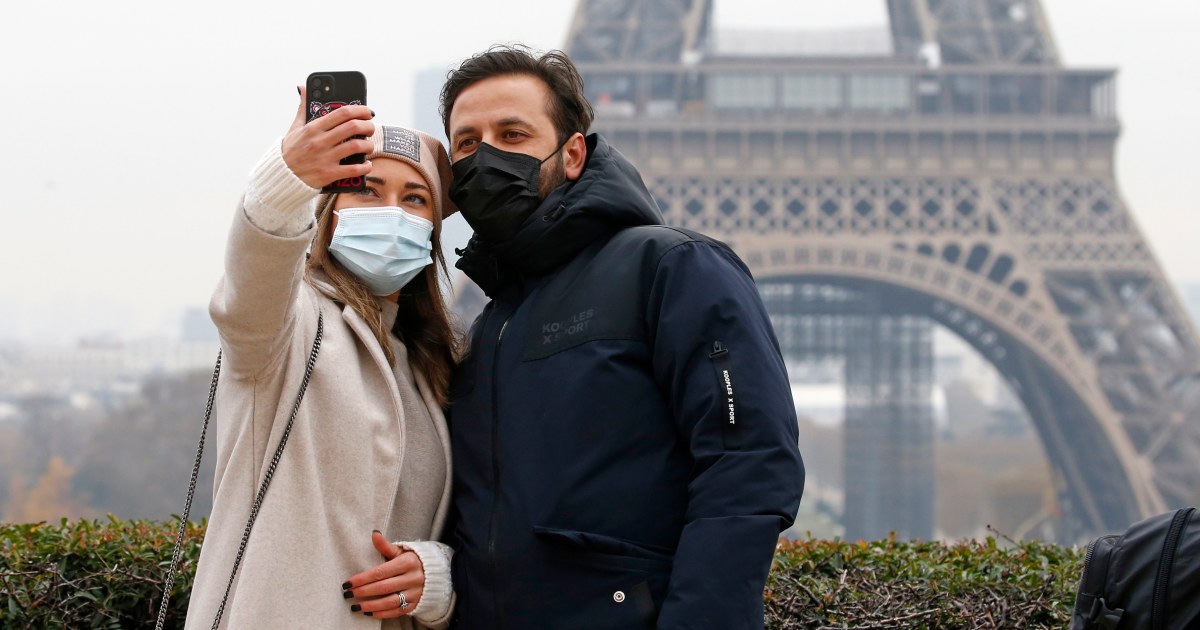
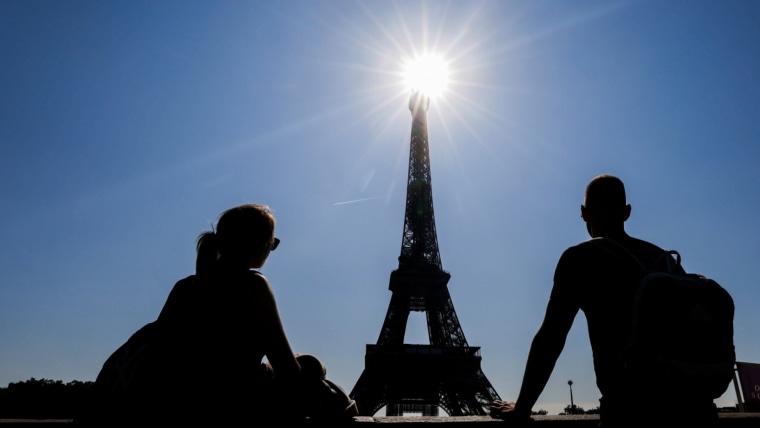
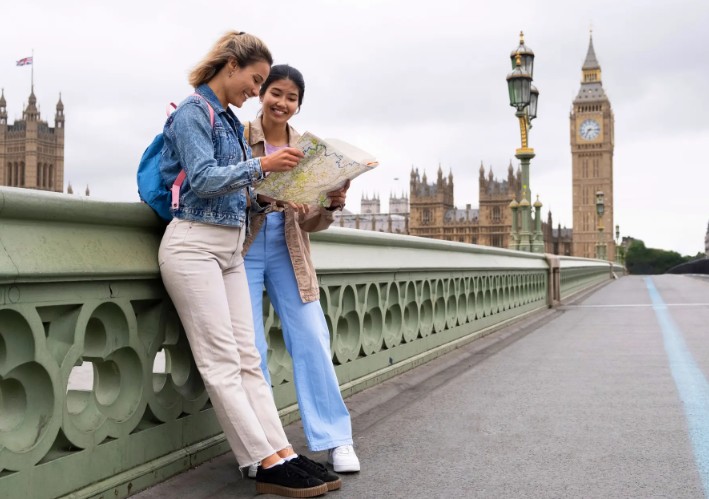

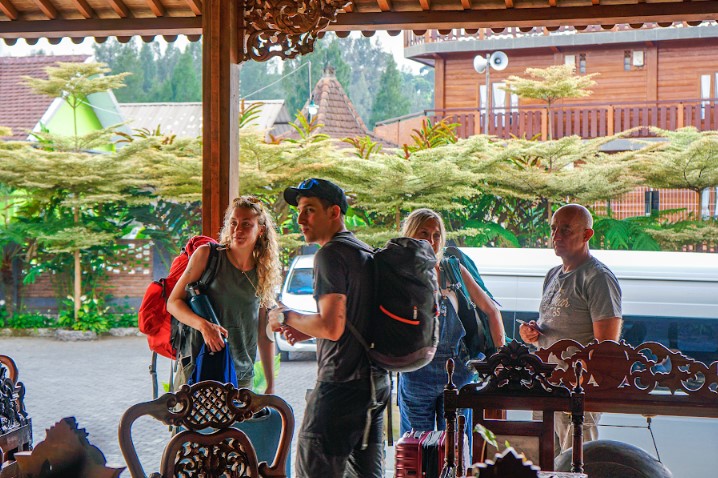
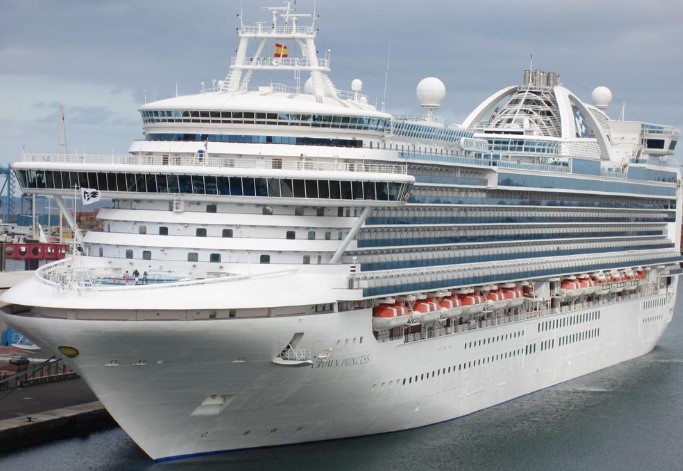
More Stories
Los Angeles Party Bus Rental Service: The Ultimate Guide to Luxury Transportation
U.S. DOJ Sues to Block JetBlue, Spirit Merger
Mexico ‘Do Not Travel’ advisory in effect for US residents ahead of spring break